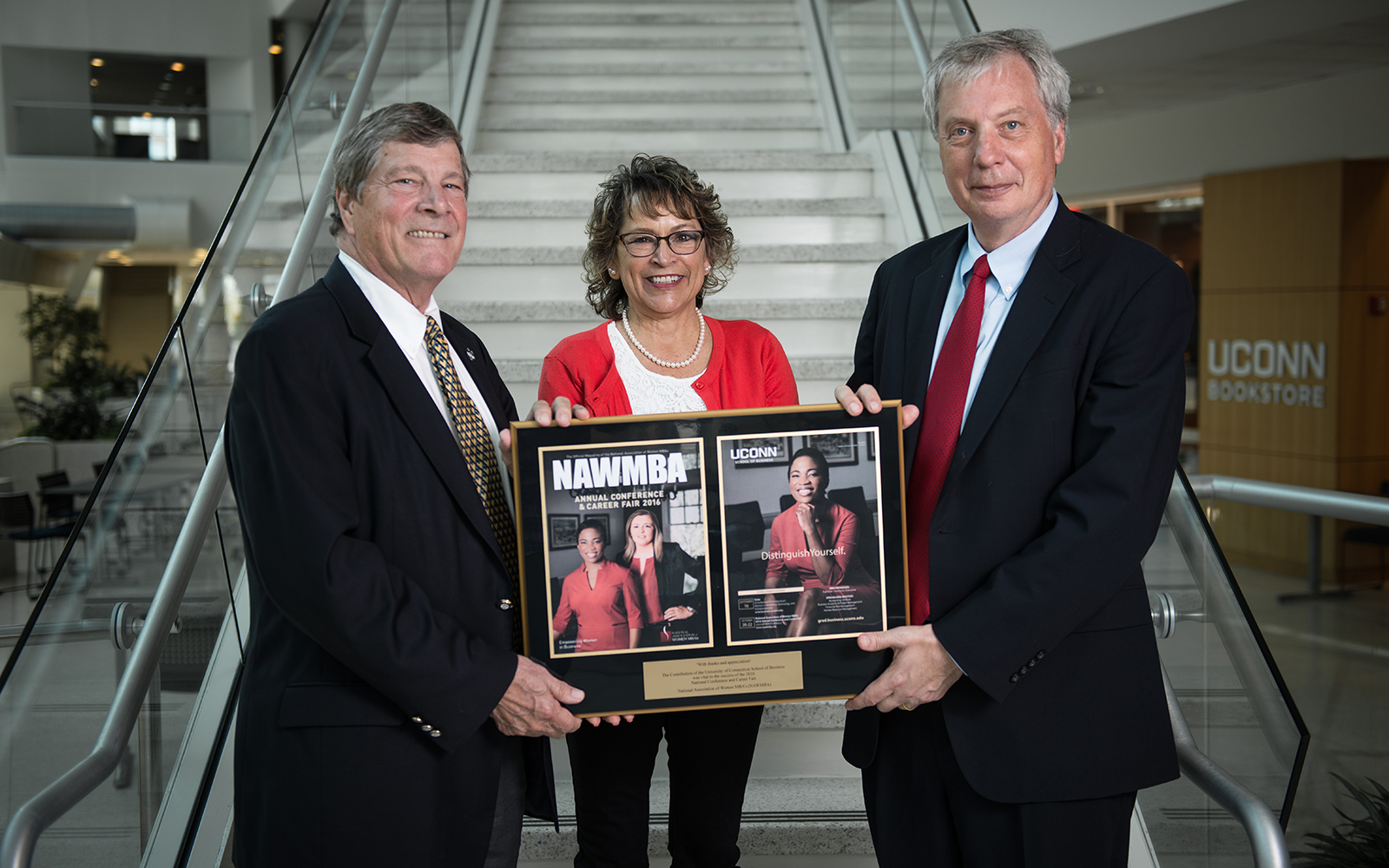Management Information Systems Quarterly Vol. 41, Iss. 2 (2017)
Zheyin (Jane) Gu, Giri Kumar Tayi
Management Information Systems Quarterly Vol. 41, Iss. 2 (2017)
Zheyin (Jane) Gu, Giri Kumar Tayi
CTStartup Podcast– CTStartup was invited to interview the finalists of UConn’s Innovation Quest, a startup incubator program that seeks to help entrepreneurs bring their ideas to life.
Appropriately enough, our first interview is with Ali Oshinskie of Podstores, who hops to turn this casting medium into an effective way for businesses to tell their story to consumers. Tune in for what could be the future of business podcasting.

It has been two weeks since we left to embark on this English summer adventure. With each passing day, my colleagues and I feel more at home in our new environment. We no longer take our time meandering in the tube station trying to navigate our way through London; rather, we stride with confidence to our desired destination with ease. Continue Reading

So my 6 week Summer Universitaet program has finally come to an end. Of course, it is very bittersweet. Continue Reading
UConn Today – Sandra Weller has devoted most of her career to learning how the ubiquitous herpes simplex virus replicates and infects people. She focused on this common pathogen because of its widespread impact – it infects two-thirds of the world’s population – and because of its painful symptoms, which can range in severity from bothersome to life-threatening.
But in the past year, she has shifted her focus to another member of the herpes virus family, cytomegalovirus, which has a much greater immediate patient need and stronger commercial potential. With support from a drug discovery consortium comprising UConn, UConn Health, and Yale University, Weller is now thinking like an entrepreneur to more quickly advance her scientific discoveries.
Healthcare IT is increasingly complex because of the policy and regulation uncertainties that dominate industry strategic planning. Savvy CIOs have always understood that innovation arises from ambiguity, however, this is truer today than in the past. Continue Reading

A plaque was presented in appreciation for the UConn School of Business hosting the 2016 NAWMBA Conference and Career Fair in Stamford last October. The plaque thanks the School and describes its contribution as vital to the success of the educational and networking conference.
Stamford Advocate – The atrium of Stamford’s Silicon Harbor commercial development hosted a wealth of youthful talent from the corporate, nonprofit and governmental worlds on June 20 for the 13th annual 40 Under Forty awards celebration of Fairfield County’s brightest young professionals.
Healthcare Information Technology enables the patient to affect their own health, from personal research to early prevention, to effective treatment.
It matters to the individual, because technology will give them new tools and new ways of thinking about themselves. It helps them with their personal research, with concurrent state monitoring–in other words: knowing what’s going on, and finally prevention through early detection. It matters for a patient because it allows them to lower their personal healthcare costs and improve their outcomes. And for the employer, it lowers their premium expenses allowing its employees to be more productive.
Listen here:
This audio clip originally appeared on the Connecticut Business and Industry Association’s CBIA Business Minute.

Robert Booz
Healthcare IT Faculty, Healthcare Management & Insurance Studies
Robert H. Booz is a healthcare professional with extensive experience in policy analysis, business operations, and technology enablement. Author of over 125 research articles and having conducted over 2,000 client one-on-one inquiries, his strengths are analyzing the current challenges, emerging trends, and future opportunities of healthcare and the vendors that support them. He has been teaching at UConn for more than 15 years. View Posts

Before Dan Toscano ’87 and his wife Tresa Toscano, endowed two full-ride scholarships to the School of Business, they, too, were students who struggled financially. Continue Reading